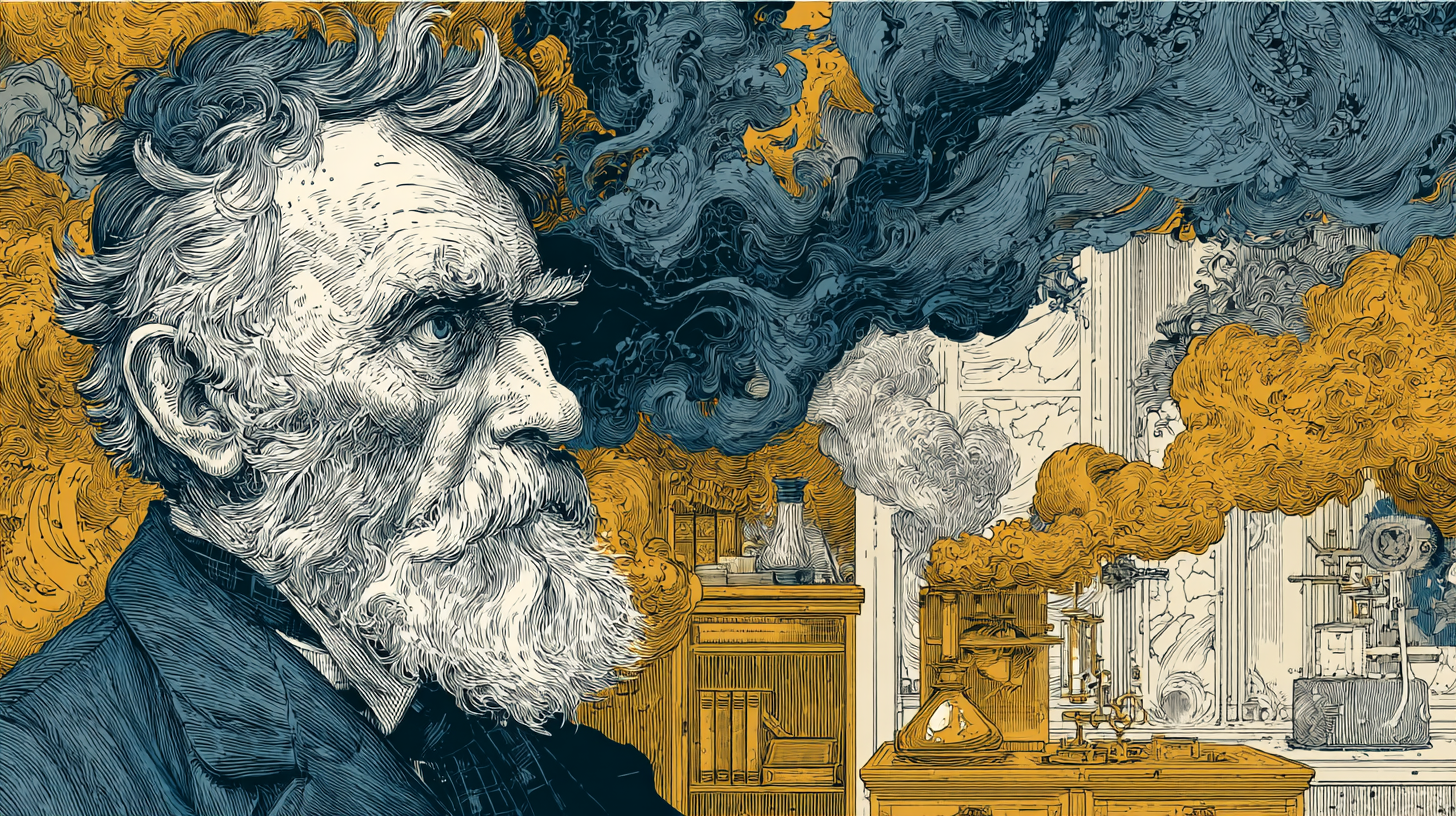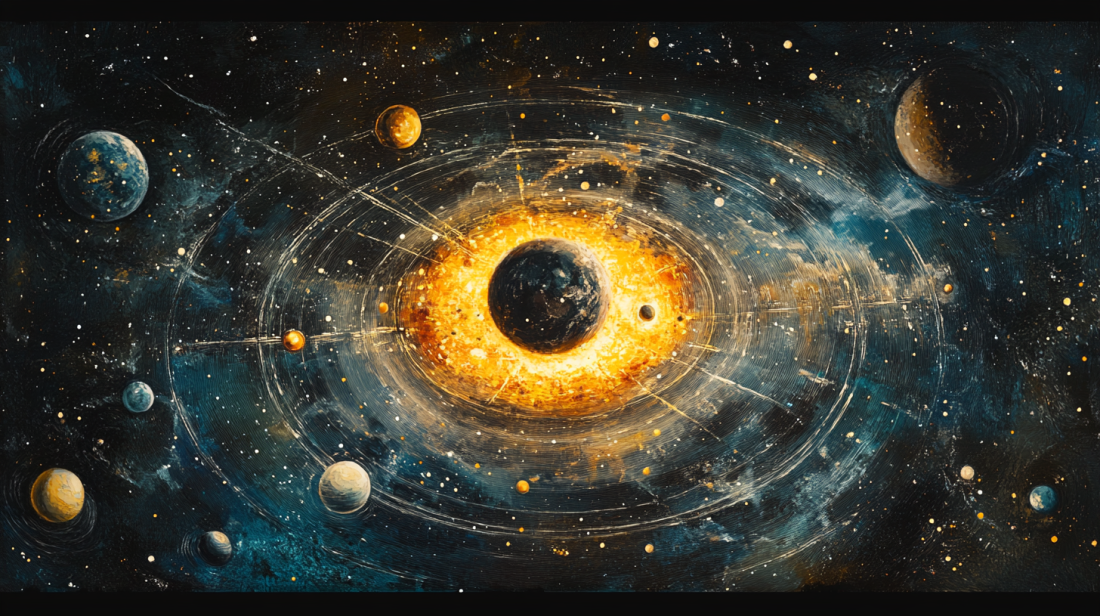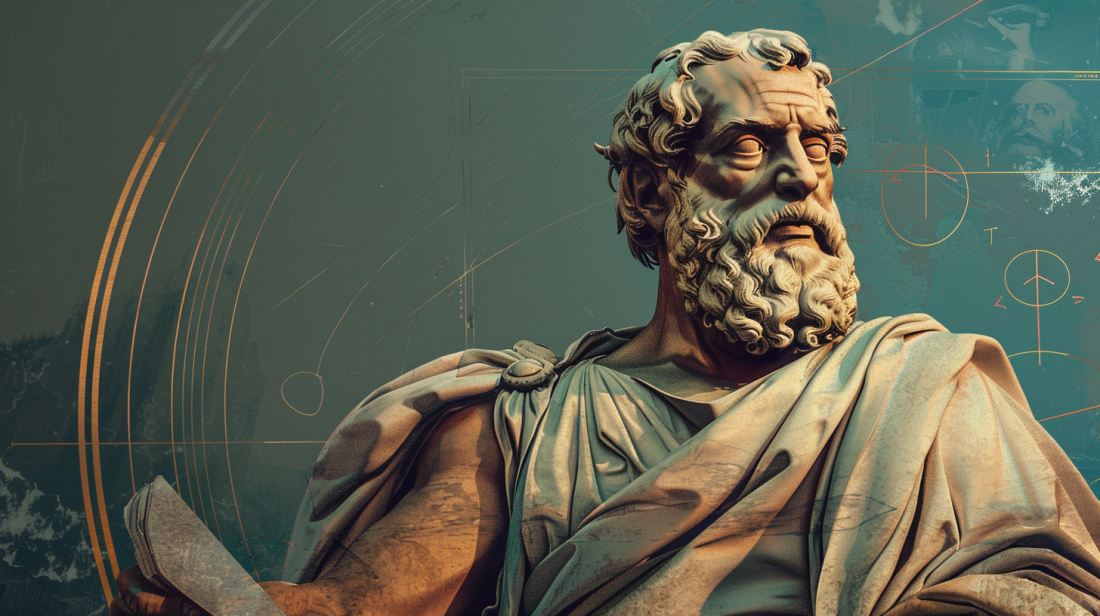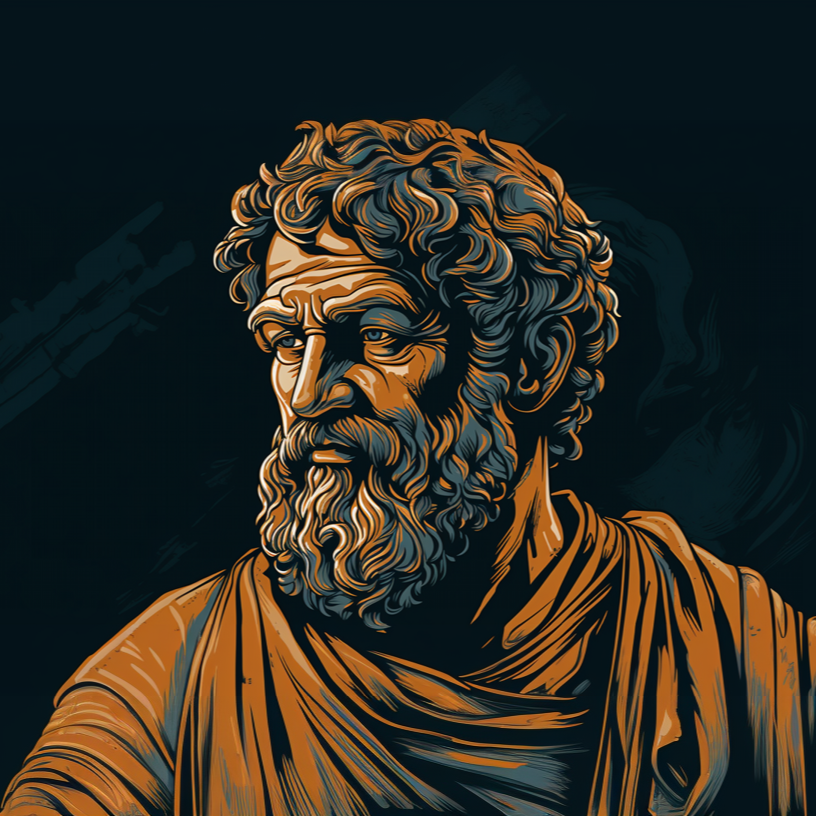 Meditation 1, Paragraphs 9, 12
Meditation 1, Paragraphs 9, 12
Nevertheless, the belief that there is a God who is all powerful, and who created me, such as I am, has, for a long time, obtained steady possession of my mind. How, then, do I know that he has not arranged that there should be neither earth, nor sky, nor any extended thing, nor figure, nor magnitude, nor place, providing at the same time, however, for [the rise in me of the perceptions of all these objects, and] the persuasion that these do not exist otherwise than as I perceive them? And further, as I sometimes think that others are in error respecting matters of which they believe themselves to possess a perfect knowledge, how do I know that I am not also deceived each time I add together two and three, or number the sides of a square, or form some judgment still more simple, if more simple indeed can be imagined? But perhaps Deity has not been willing that I should be thus deceived, for he is said to be supremely good.
I will suppose, then, not that Deity, who is sovereignly good and the fountain of truth, but that some malignant demon, who is at once exceedingly potent and deceitful, has employed all his artifice to deceive me; I will suppose that the sky, the air, the earth, colors, figures, sounds, and all external things, are nothing better than the illusions of dreams, by means of which this being has laid snares for my credulity; I will consider myself as without hands, eyes, flesh, blood, or any of the senses, and as falsely believing that I am possessed of these; I will continue resolutely fixed in this belief, and if indeed by this means it be not in my power to arrive at the knowledge of truth, I shall at least do what is in my power, viz., [suspend my judgment], and guard with settled purpose against giving my assent to what is false, and being imposed upon by this deceiver, whatever be his power and artifice. But this undertaking is arduous, and a certain indolence insensibly leads me back to my ordinary course of life; and just as the captive, who, perchance, was enjoying in his dreams an imaginary liberty, when he begins to suspect that it is but a vision, dreads awakening, and conspires with the agreeable illusions that the deception may be prolonged; so I, of my own accord, fall back into the train of my former beliefs, and fear to arouse myself from my slumber, lest the time of laborious wakefulness that would succeed this quiet rest, in place of bringing any light of day, should prove inadequate to dispel the darkness that will arise from the difficulties that have now been raised.



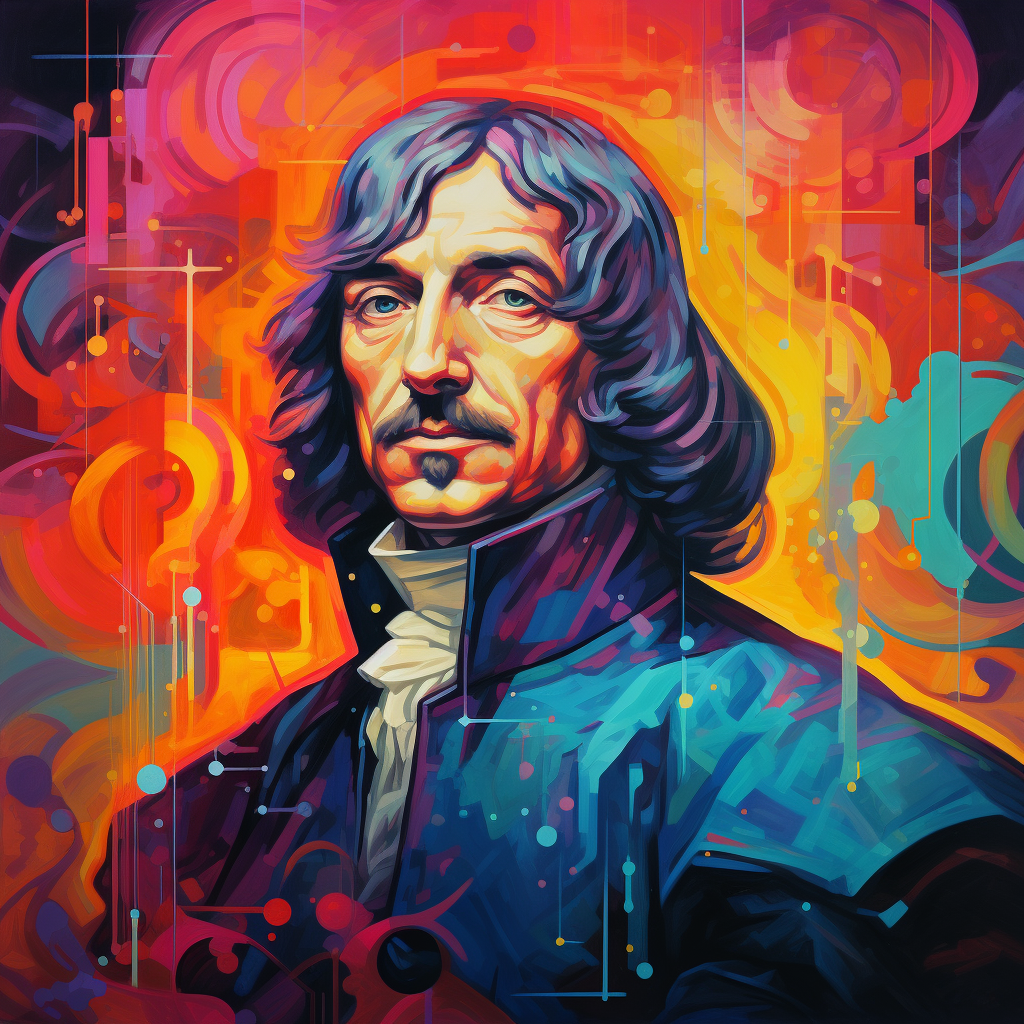
 Meditation 1, Paragraphs 3-4
Meditation 1, Paragraphs 3-4 Meditation 1, Paragraphs 6, 8
Meditation 1, Paragraphs 6, 8 Meditation 1, Paragraphs 9, 12
Meditation 1, Paragraphs 9, 12